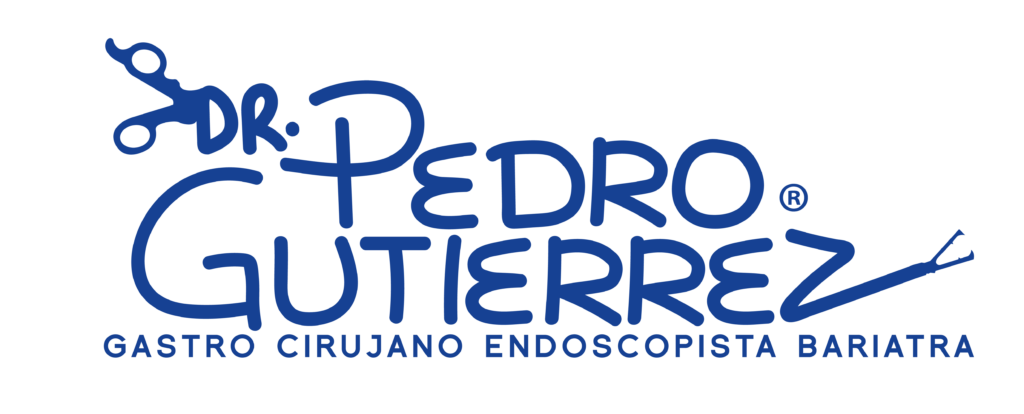What do we offer?
We offer our friendship to our patients before our professional services. We fully understand their situation and provide our trust, without time limits, explaining in detail the complications caused by obesity and the related risks, as well as the types of surgical procedures for their problem.
What is the most suitable procedure?
The most suitable type of procedure varies from patient to patient depending on their body mass index and obesity-related secondary diseases. Your bariatric surgeon will advise you on this.
How much does it cost?
The cost of surgery varies depending on the patient, the type of procedure, and the hospital where it is performed. Some procedures require more materials (such as staples and devices to release them) as well as the size of the stomach itself, which varies from patient to patient. The total costs include fees + surgical materials used + hospitalization (on average, the latter is three days if there are no complications). It can range from 9,000 to 12,000 dollars on average.
Are there serious risks in these surgeries?
No surgical procedure is harmless or free from complications or risks, especially if the patient is obese. This type of patient requires special attention due to their multiple nutritional, immunological deficiencies, and associated diseases (being obese does not mean being well-nourished). Mortality in various series around the world ranges from 1 to 4% depending on the type of complication that occurs and the timing of its detection.
Will surgery alone fix the obesity problem?
Surgery is the only method that has high and sustained satisfactory results in obese patients; however, it is the beginning of obesity treatment. The rest depends on the patient’s motivation and lifestyle changes.
How long is hospitalization required?
Generally, the patient requires three days of hospitalization if there are no complications during or after surgery. The average recovery time is 15 days to return to normal activities.
What results are expected?
The goal of surgical treatment is to improve the health condition of the severely obese patient so that their risk of diseases and mortality decreases dramatically, as well as to improve the patient’s daily activity and self-esteem. Everything depends on the patient, discipline, follow-up with the multidisciplinary team, and habit changes. It should be understood that surgery does not perform miracles and is the beginning of a weight loss treatment. It is important to avoid carbohydrates and embrace the culture of water, making it your preferred drink from now on.
What are the goals of surgery?
- Modify your dietary habits: You should eat foods with good nutritional value and avoid snacking between main meals.
- Reduce the number of calories you eat: To lose an adequate amount of weight.
- Avoid eating large quantities: To avoid vomiting, remember that the new stomach will only store small amounts of food.
Dangers and complications
Bariatric or obesity surgery is high-risk surgery and is not free from serious complications. Complications can occur in up to 20% of patients. Mortality ranges from 1 to 2%. The most serious early complications that could occur are: heart attack, blood clots in the lungs, deep vein thrombosis in the legs, leakage from the anastomosis (the connection of the new stomach to the intestine). Among the late complications, we could mention: unsatisfactory weight loss, narrowing of the connection between the new stomach and the intestine (stenosis), dizziness, sweating, and low blood pressure when consuming very sweet drinks. Patients with bypass could develop vitamin B12 and iron deficiencies if not replenished. Sometimes, if the patient eats solid foods too quickly and poorly chewed, vomiting may occur. A percentage of patients may experience hair loss caused by multiple factors, which generally limits itself to the first 6 months after surgery.


